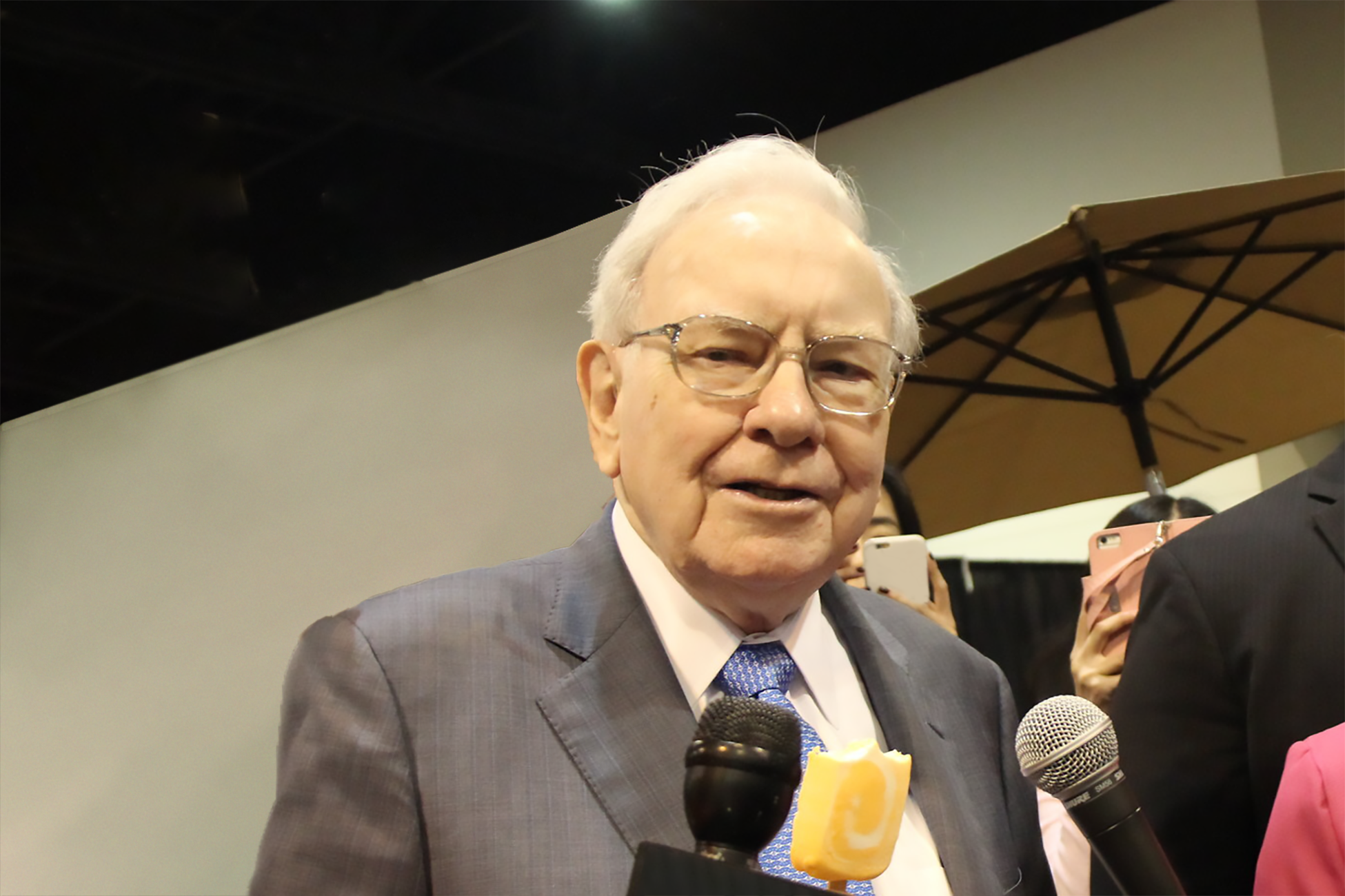Turning a $10,000 investment into $1 million or more would mean a 100X result. But it isn't as far-fetched as it might seem, and you don't necessarily need to invest in volatile high-tech companies to make it happen.
One of my favorite candidates to be a millionaire-making stock in my own portfolio is insurance company Markel (MKL 0.33%), which does things much differently than its insurance industry peers. In fact, Markel's business model often draws comparisons to an early stage Berkshire Hathaway (BRK.A +0.96%)(BRK.B +1.35%), and to say that Berkshire has been a millionaire maker would be a major understatement.
With that in mind, here's a brief overview of Markel's business model, why the stock could be a good value today, and how it could turn $10,000 into a million-dollar investment simply by continuing to execute on its time-tested growth strategy.

Image source: Getty Images.
Markel in a nutshell
If you aren't familiar with Markel, here's a quick overview of its business. There are three main components.
At its core, Markel is an insurance company. It mainly operates in specialty insurance (the excess and surplus, or E&S lines, in insurance terms) and reinsurance. These are types of insurance that can be rather difficult, but that have enormous profit potential.
In addition, Markel invests some of its float in the stock market, similar to Berkshire Hathaway. As of the latest information, Markel owned about $11.3 billion worth of stocks (and the largest holding happens to be Berkshire). The company's equity investments have delivered 12.8% annualized returns over the past five years.
Finally, Markel Ventures is the company's division that acquires entire businesses. Unlike Berkshire, which needs to buy massive companies to move the needle, Markel has the luxury that it can invest a meaningful amount of money in early stage businesses with lots of growth potential. Just to name a few examples, Markel Ventures owns a luxury handbag maker, a houseplant company, a homebuilder, and several others. Last year, Markel Ventures generated $5.1 billion in revenue.
This isn't exactly Berkshire's business model, but it's a pretty similar one. And it follows one of Warren Buffett's top rules for conglomerate building: Be willing to own minority shares of businesses (common stocks) while pursuing opportunistic ways to own entire companies as well. Over the 60-year period that Warren Buffett has run Berkshire Hathaway, this has resulted in a total return of more than 5,500,000%. To say that this is a time-tested model would be an understatement.
A 'baby Berkshire' at a discount
Markel recently announced a strategic review of its business due to lackluster profitability in its insurance business and generally subpar stock performance. Just to name a few things that have already been done, Markel decided to pull the plug on several unprofitable insurance lines and has already decided that improving the technology capabilities of its insurance business needs to be a priority.
According to management, Markel's intrinsic value has grown at an 18% annualized rate over the past five years. But its stock price has only grown at a 9% rate. Management estimates a $2,610 per-share intrinsic value for the business, and the stock trades for about $1,935 as I'm writing this. That's a big valuation gap.

NYSE: MKL
Key Data Points
Management also announced a $2 billion stock buyback program along with the review and said that this will be a near-term focus of capital deployment. So, the company believes its stock price doesn't reflect the business' value and is putting its money where its mouth is.
Could Markel make you a millionaire?
The short answer is yes. But it's unlikely to happen quickly.
Markel is designed to be a long-term compounder that can produce returns that are superior to the overall stock market. Over long periods, the S&P 500 has produced total returns of about 10% annualized, and in the modern era (since Warren Buffett has been running the company), Berkshire Hathaway has produced 19.9% annualized returns. So, assuming that Markel successfully beats the S&P over the long term, here's how long it could take to turn a $10,000 investment into $1 million:
|
Long-Term Annualized Total Return |
Years to Turn $10k Into $1 Million |
|---|---|
|
12% |
42 |
|
14% |
36 |
|
16% |
32 |
|
18% |
29 |
|
20% |
26 |
Data source: Author's own calculations. Years are rounded to the nearest whole number.
Now, I don't necessarily think Markel, or any other company, will produce Berkshire-like returns over a 60-year period. But I do believe that with Markel's strategy, it's entirely possible to significantly outpace the market. In short, the most likely scenario (which would still be very impressive) would be one of the first few rows in the chart. For context, since it went public in 1986, Markel has delivered 15% annualized returns, so there is real-world evidence that the company can beat the market.
Of course, this assumes that you invest $10,000 once. The best way to approach a stock like Markel or Berkshire Hathaway (or most other compounding-focused stocks for that matter) is to invest incrementally over time. But the point is that even with a single investment, a stock with steady market-beating returns can have massive wealth-building potential over time.







